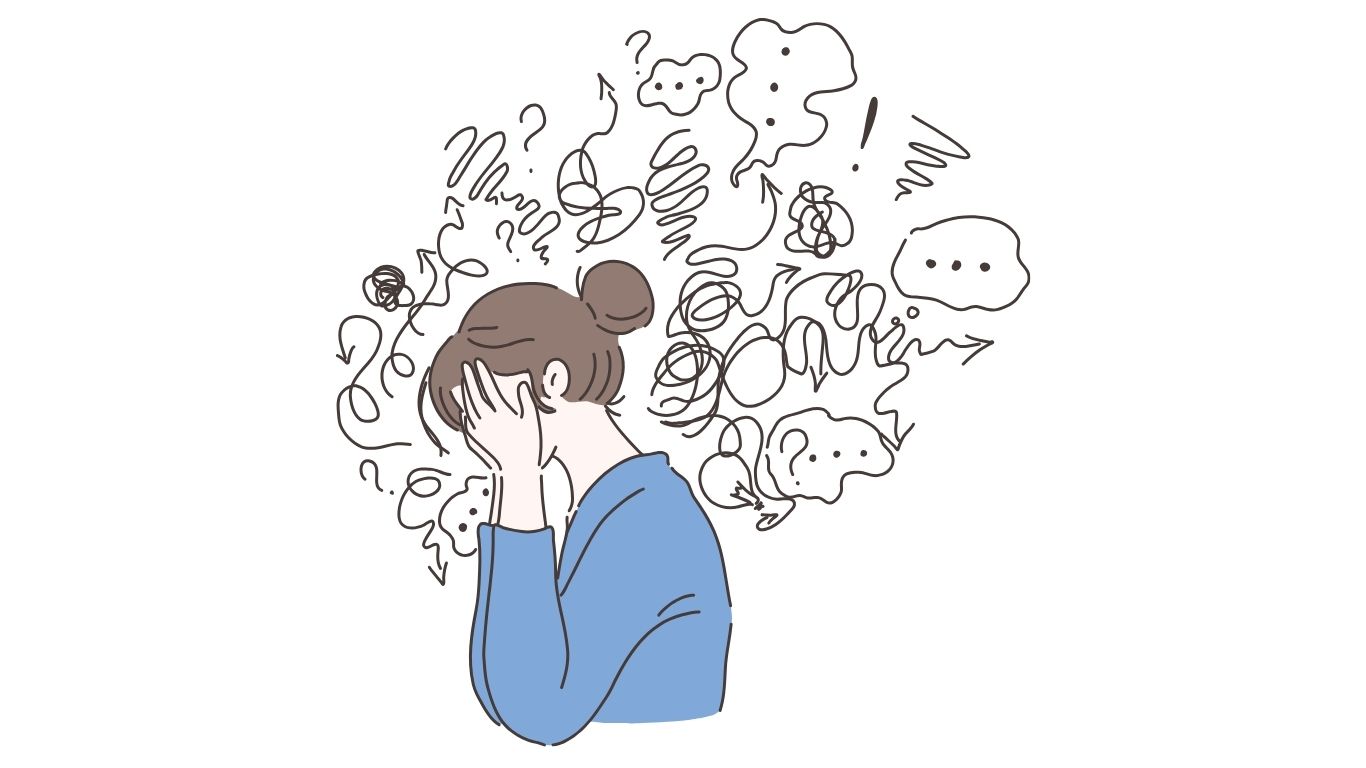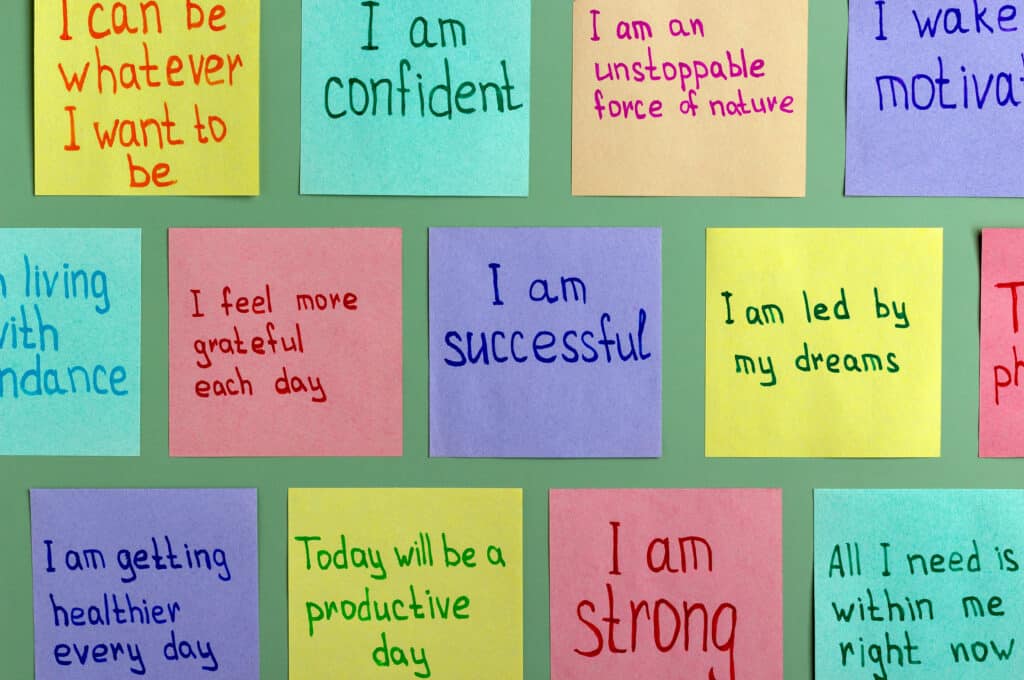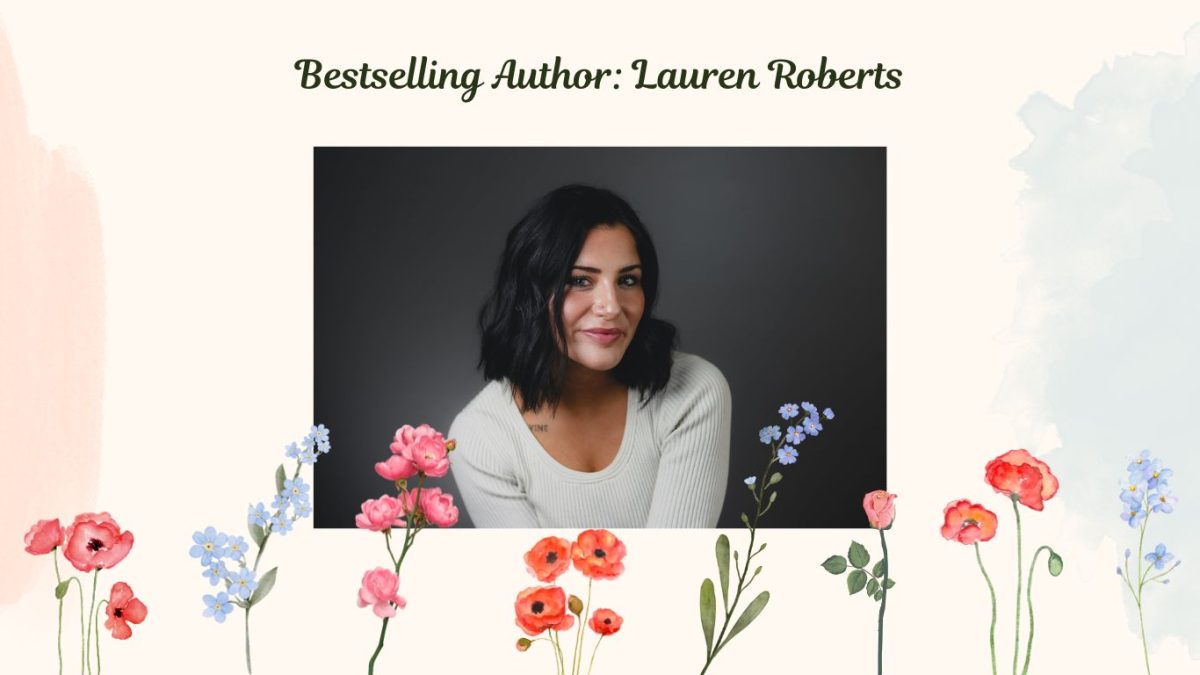Healthy ways to deal with anxiety

Anxiety is a natural response to stress; as a high school student who is graduating soon, I can tell you that anxiety is no stranger to me. But if the feeling becomes overwhelming and persistent, then it has the possibility to take over your life on a daily basis. Medication is an option in some cases, but here are some natural coping strategies for you to use if it ever feels like too much.

Mindfulness helps to focus on the present, shift your thinking, create non-judgmental awareness, and improve emotional regulation.
Some mindfulness techniques for anxiety…
5 4 3 2 1 Method: Focus on or name 5 things you see, 4 things you can touch, 3 things you hear, 2 things you can smell, and 1 thing you can taste.
Sitting Meditation: Meditation helps slow the stream of thoughts running through your head. It can promote a sense of relaxation, reduce stress hormones, and increase your self-awareness. Find a quiet space, close your eyes, and focus on your breathing.
Counting: Count backwards, or name animals starting with each letter from the alphabet. These tasks will help redirect your focus and interupt your anxious thoughts.

Writing down your thoughts can sometimes be easier than trying to say what you’re feeling out loud. You can also look back on it and see if there are any recurring things that might trigger your anxiety.
Dump your thoughts: Don’t worry about grammer or spelling. Just get it all out. Clear out the mental clutter.
Track triggers: Over time, you may notice situations or thoughts that trigger your anxiety. Being aware of your triggers may help from it happening again.
Celebrate wins: Document small wins like getting through a tough day or using a coping skill.

By practicing this strategy, you are challenging negative thoughts and replacing them with empowering statements. This involves choosing to think and speak kindly to oneself, rather than putting oneself down with self-criticism.
Challenge negative thoughts: When you catch yourself thinking, “I’ll never be good enough,” try replacing it with, “I’m doing the best I can, and that’s enough.”
Affirmations: Write and repeat positive statements like, “I am capable,” “I am growing,” or “I am safe.”
Practice compassion: Talk to yourself like you would to a friend who is struggling.
Deep breathing exercises can be a valuable tool for slowing down your heart rate and breathing. Some techniques to help with anxiety are box breathing and the 4-7-8 method.

Changes to your diet can improve your mood, but it’s not a substitute for anxiety treatment. Think about including foods that are rich in omega-3 fatty acids (salmon, tuna, chia seeds, walnuts), probiotics (yogurt and kimchi), magnesium (leafy greens, nuts, seeds), and vitamin C (citrus fruits and bell peppers).

Sleep is crucial for managing anxiety, since sleep deprivation can worsen anxiety symptoms. A good night’s sleep can help improve your mood, reduce stress, and improve your thought process.
Steps for prioritizing sleep:
- Establish a regular sleep schedule. Go to bed and wake up at the same time every day to regulate a natural sleep cycle.
- Limit screen time before bed. The blue light produced from devices can interrupt melatonin production, which makes it harder to fall asleep.
- Create a relaxing sleep environment. Make sure your bedroom is dark, quiet, and cool to encourage sleep.
- Avoid caffeine and alcohol before bed. These substances can disrupt sleep patterns.
- Consider journaling. Writing down your thoughts before bed can help clear your mind and prevent racing thoughts.

Daily exercise has been proven to reduce symptoms of anxiety and depression. Go outside, take your dog on a walk, go for a bike ride, do a workout by yourself or with a partner. Anything to get you moving and take your mind off whatever is bothering you.

When you are stressed out and irritated, the first thing most people want to do is isolate themselves; trust me, I know all about that. Instead, reach out to your loved ones and make social connections.
Everyone experiences stress differently, and some of these strategies might not work for you like they do for someone else, and that’s okay. Find a way to handle your anxiety in a healthy way that works for you.
Remember that it’s okay to ask for help if it gets to be too much and that you are never alone.









